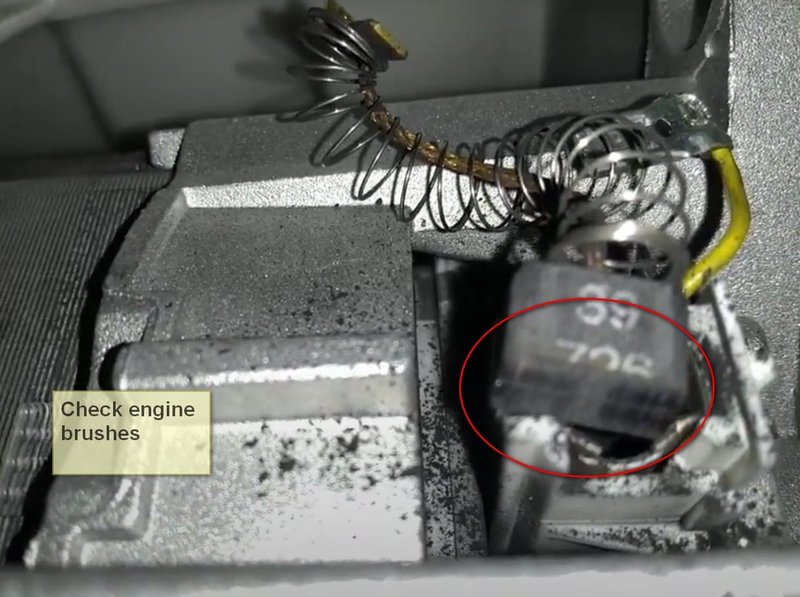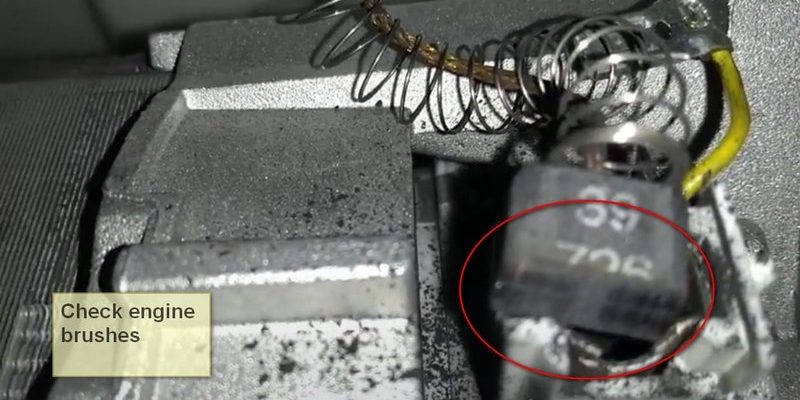
Error Code F1 on a Bosch water heater usually signals a problem with the water flow. This means that the heater isn’t getting enough water to function properly, much like if you tried to fill a cup from a faucet that was barely trickling. But before you panic, know that most of these issues are preventable with regular maintenance and a little bit of know-how. Let’s dive into how you can tackle this issue head-on and keep your water warm and ready whenever you need it.
Understanding Error Code F1
So, what exactly causes Error Code F1 on your Bosch water heater? At its core, this error indicates a *water flow issue*, which might sound technical but can be broken down into simpler terms. Think of your water heater as a relay runner in a race. If the baton (in this case, the water) doesn’t arrive at the right time or at the right speed, the runner can’t complete the race. Similarly, if water isn’t flowing into your heater as it should, the unit can’t heat it effectively, resulting in the F1 error.
One common culprit is a *failing water inlet valve*. When this valve isn’t opening as it should, the water supply to your heater can be restricted, similar to how a half-closed faucet slows down water flow. Another cause can be blockages in the pipes due to mineral buildup or debris, which is like trying to drink through a blocked straw—it doesn’t work well! Understanding these causes is the first step in preventing the error from occurring.
The impact of this error can be more than just a cold shower. If left unchecked, it can lead to more severe issues with your water heater, potentially shortening its lifespan. Just like ignoring a small leak in your roof can cause bigger problems down the line, neglecting this error can lead to costly repairs or replacements.
Regular Maintenance Tips
Maintenance is key to keeping your Bosch water heater in top shape and preventing pesky errors like F1. Now, maintaining your heater might seem daunting, but it’s easier than you think. You wouldn’t drive your car for years without an oil change, right? The same goes for your heater—it needs regular check-ups to function optimally.
Start with *cleaning the inlet screen*. Over time, tiny particles and sediments can clog the screen, just as dust clogs an air filter. Turn off the water supply, locate the inlet screen, and give it a gentle clean. This small act can go a long way in ensuring a steady flow of water to your heater.
Next, consider *flushing your heater regularly*. Just as you wouldn’t let your coffee machine build up with residue, it’s crucial to remove the mineral deposits that accumulate inside your heater. A simple flush can prevent these deposits from causing blockages. Make it a habit to do this at least once a year to keep your heater running smoothly.
Lastly, periodic *professional inspections* can be invaluable. Sometimes, an expert eye can spot issues before they become significant problems. They can check for potential issues with valves, pipes, and other components, much like a mechanic diagnosing a car. Scheduling annual check-ups can keep your system in peak condition and error-free.
Preventive Measures
Being proactive can save you from future headaches. Think of these preventive measures as setting up a series of safety nets for your water heater. They’ll help you catch and fix small issues before they snowball into bigger problems.
First, always ensure there’s proper ventilation around your heater. This helps it “breathe” and function efficiently, much like opening a window to let fresh air into a stuffy room. Adequate space around the unit also prevents overheating, which can exacerbate minor issues.
Keeping an eye on water quality is another preventive step. Hard water, rich in minerals, can lead to scale buildup much like how sugar can crystallize in syrup. Installing a water softener can reduce these minerals, prolonging the life of your heater. It’s like giving your heater softer, cleaner water to work with.
Finally, stay informed about your heater’s quirks and needs. Read the manual, understand common errors, and stay updated with maintenance tips from Bosch. Knowledge is power, and being familiar with your appliance ensures that you can promptly address or even anticipate issues.
When to Call a Professional
Knowing when to tackle an issue yourself and when to call in a professional can save both time and stress. Consider calling a technician, much like you would consult a doctor for persistent symptoms that don’t go away. If you’ve tried troubleshooting and the F1 error persists, it’s time to call in the experts.
Professionals can conduct more thorough diagnostics and have the tools to address complex issues, much like how a specialist would have advanced equipment beyond a general practitioner. They can spot subtle problems that an untrained eye might miss, ensuring comprehensive solutions.
Additionally, if your heater is older or showing multiple errors, a professional evaluation is crucial. Older units might have compounded issues, much like an aging car needing more frequent repairs. An expert can offer advice on whether repairing or replacing the unit is more cost-effective.
In conclusion, regular maintenance, preventive steps, and knowing when to get professional help are vital in keeping your Bosch water heater error-free. By taking these steps, you can enjoy the comfort of hot water without the stress of unexpected interruptions.
